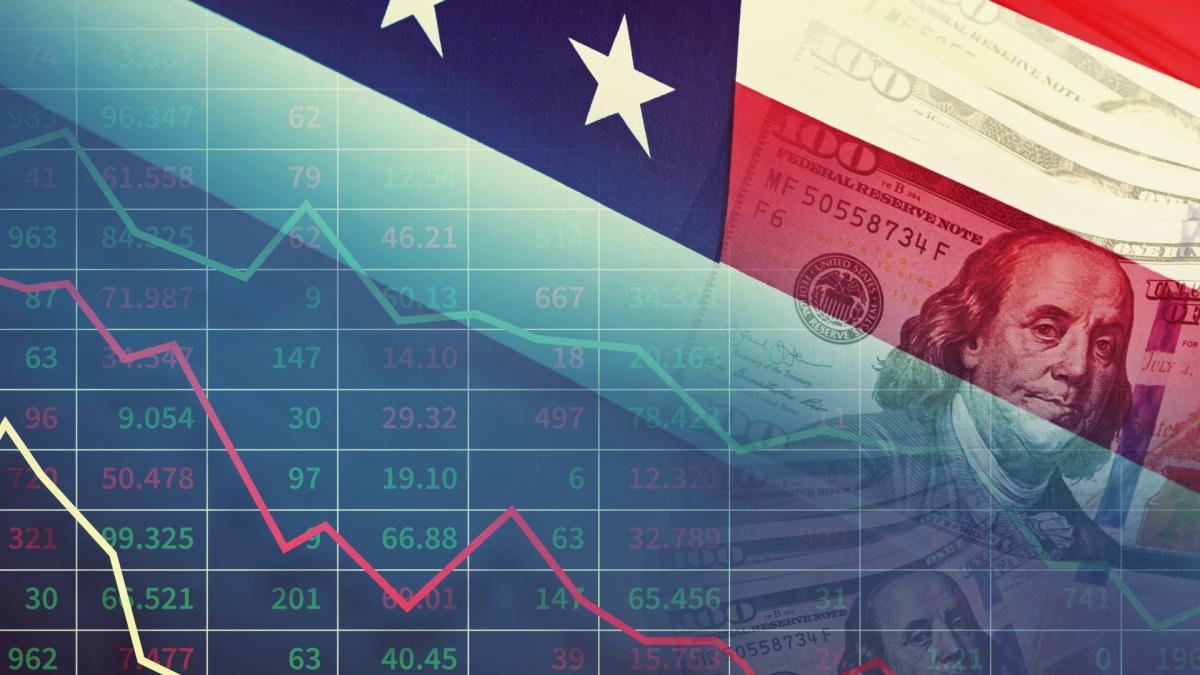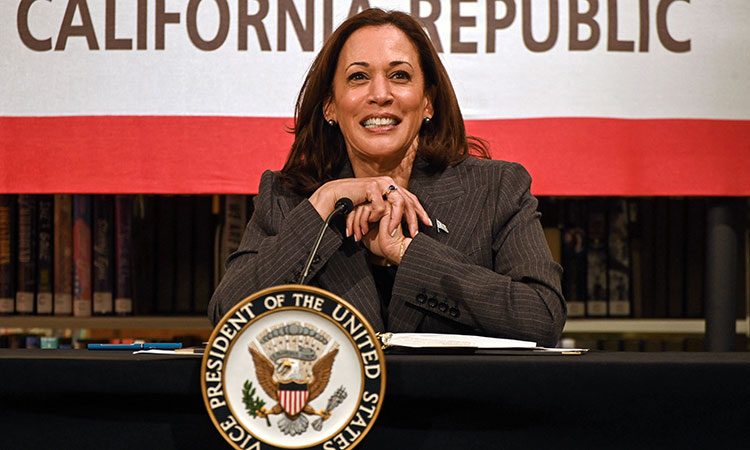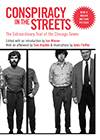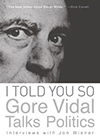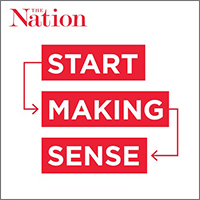
Listen HERE
The latest polls indicate voters think Biden is too old. Should the Democrats nominate someone else? Harold Meyerson comments.
Also: an update on the Writers’ Guild strike against the hollywood studios, with Josh Gondelman – he’s an Emmy-award winning writer for his work on Last Week Tonight with John Oliver, on HBO. He’s also a regular on NPR’s news quiz show, Wait Wait Don’t Tell Me.
Also: one of the Senate Democrats up for reelection in 2024 is Sherrod Brown of Ohio, one of our heroes –we spoke with him in 2020 about politics and history, and how he has won reelection in a state that is increasingly Republican. 5-11-2023



 isten
isten  Listen
Listen
